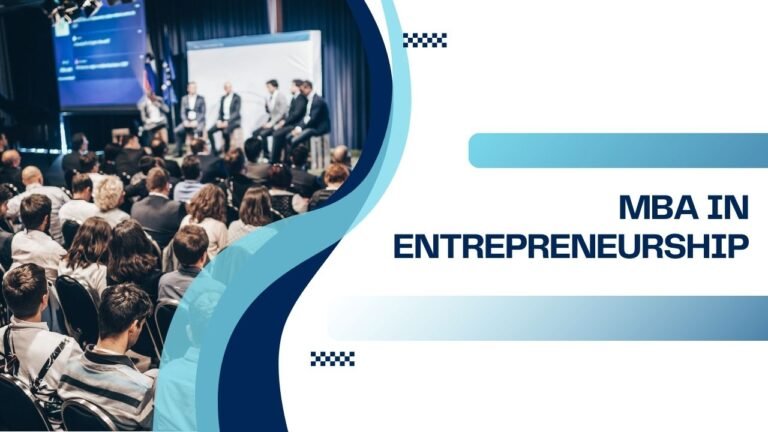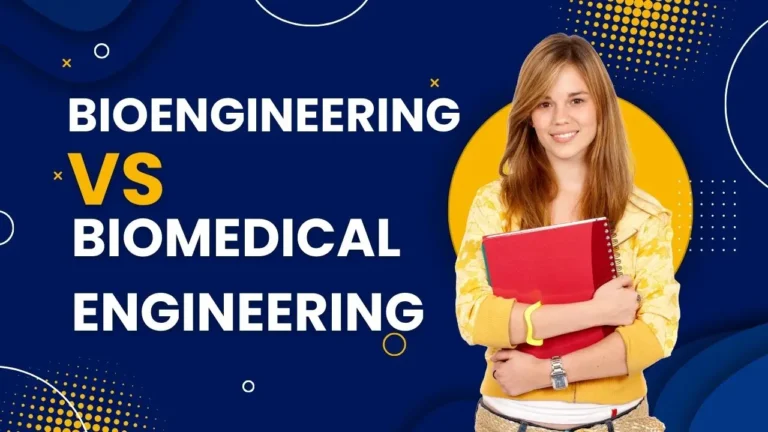BSc in Law: Eligibility, Syllabus, and Career Scope
Do you wish to pursue a legal profession but would prefer to have a more comprehensive academic background? Perhaps the best option for you would be a Bachelor of Science in Law.
This degree provides a distinctive route into the legal profession and beyond by fusing the analytical rigor of science with legal subjects. The structure, eligibility, curriculum, breadth, and career options of a BSc in Law will all be covered in this article.
BSc in Law Overview
| Particulars | B Sc LLB Course Details |
| BSc LLB full form | BSc LLB full form is Bachelor of Science and Bachelor of Laws course |
| Course Name | Bachelor of Science and Bachelor of Laws |
| Course Level | Graduation |
| Eligibility | Completed Class 12 and cleared the Entrance Examination |
| Duration | 5 years |
| Examination Type | Semester-wise |
| Course Fee | Up to INR 3 lakh |
| Colleges | NUJS Kolkata, GNLU Gandhinagar, KIIT School of Law, NLIU Bhopal |
| LLB Salary | INR 3 to 6 lakh |
| Job Opportunities | Advocate, Legal Advisor, Solicitor, Legal Manager, Law Officer |
What is a BSc in Law?
An undergraduate degree that combines fundamental legal knowledge with scientific concepts is called a Bachelor of Science in Law (BSc in Law). The BSc in Law exposes students to legal theory while also integrating components from other fields, such as political science, criminology, sociology, and even forensic science, in contrast to standard LLB programs, which are solely focused on the study of law. For students who are eager to comprehend the law in a larger sociological or scientific context, this interdisciplinary approach is perfect.
BSc LLB Eligibility Criteria
- To be admitted to the BSc LLB program, students must pass the 12th grade with an overall score of 45%–50% (for the general category) and 40% (for SC/ST/OBC).
- To be considered for admission to this degree program, students must do well on the entrance exam and pass a personal interview.
- As long as they can show proof of completing the qualifying exam with the necessary score when summoned for an interview, candidates whose results are still waiting are still permitted to sit the admission exam.
BSc LLB Scope
- Graduates of the BSc LLB degree are employed by a range of private sector consulting firms.
- Students might opt to become instructors by pursuing an LLM if they want to continue their studies.
- New attorneys can work with a range of business companies after completing their degree.
- After two to three years of experience, students seeking a BSc in LLB are permitted to start their enterprises. It is recommended that they do an internship with a respectable lawyer.
- Both the public and private sectors employ graduates with a Bachelor of Science in LLB. To practice, they need a license from the central bar council or the state.
- The government’s tax, labor, public defender, defense, and solicitor general departments employ graduates of the BSc LLB curriculum.
BSc LLB Syllabus
| Semester I | Semester II |
| Legal Method | History |
| Law of Contract-I | Law of Contract-II |
| English and Legal Language | Techniques of Communication, Client Interviewing & Counselling |
| Semester III | Semester IV |
| Business Law | Law of Torts and Consumer Protection |
| Family law-I | Family Law-II |
| Constitutional Law-I | Constitutional Law-II |
| Law of Crimes-I | Law of Crimes-II |
| Advocacy Skills | Administrative Law |
| Telecom Engineering Fundamentals, Data, and Wireless Communication | Programming Fundamentals & Data Base Management System |
| Polymer Chemistry | Physical Pharmacy |
| Genetics, Immunology and Molecular Biotechnology | Microbial Biotechnology and Fermentation Technology |
| Semester V | Semester VI |
| Code of Civil Procedure-I | Code of Civil Procedure-II |
| Code of Criminal Procedure-I | Code of Criminal Procedure –II |
| Law of Evidence | Public International Law |
| Corporate Law | Investment and Competition Law |
| Jurisprudence-I | Property Law |
| Human Right Law | Jurisprudence-II |
| Synthetic Organic Chemistry | Information Theory, Coding, and Network Programming |
| Plant and Animal Biotechnology | Pharmaceutical Chemistry |
| Semester VII | Semester VIII |
| Land Laws | Alternative Dispute Resolution |
| Laws and Technology | International Trade Law |
| Intellectual Property Right | Law, Poverty, and Development |
| Labour Law-I | Women & Law |
| Genetic Engineering and Genomics | Air & Space Law |
| Biotechnology Lab. | Election Law |
| Semester IX | Semester X |
| Legal Ethics and Court Craft | Dissertation |
| Drafting, Pleading, and Conveyancing | Internship (Lawyers/Law firms) |
| Legal Writing and Research (Seminars and Research paper) Internal | — |
Admission Procedure
- The candidate must first be eligible to take the applicable legal test.
- All institutions will establish their cutoffs for the BSc LLB Course following the release of the results.
- After making the cutoff list, students are invited for a private interview.
- After passing the interview, the candidate is admitted with the understanding that their paperwork will be reviewed, a seat will be supplied, and the course will be available.
- Additionally, some institutions offer students immediate admission.
Conclusion
Numerous job options in both legal and transdisciplinary domains are made possible by the dynamic combination of legal education and scientific understanding that a BSc in Law. It is a great option for prospective legal professionals since its graduates have a solid foundation in law and related disciplines and are prepared for positions in corporate law, advocacy, public service, and further education.






